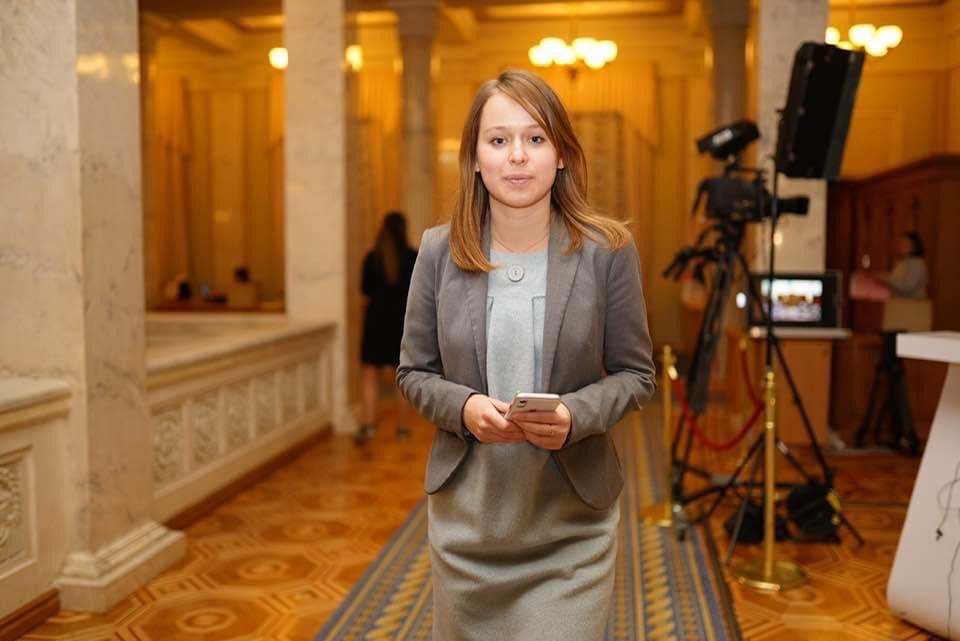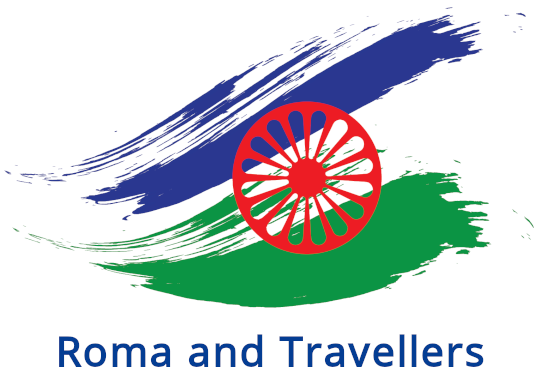1. Where do you see the place of Roma culture and identity in Ukraine as a multi-ethnic and diverse country?
Yes, indeed Ukraine is a multi-ethnic and diverse country. For me personally it was a great surprise to realise one day some years ago that in fact I did not know much about Roma and other ethnic minorities in Ukraine. We sometimes hear about Roma culture in folklore, but this is not enough. Since then I have become convinced that the primary goal of ethnic policy in Ukraine is to provide opportunities for cultural self-expression and dialogue so that all members of society can learn about each other.
Concerning Roma, I believe that the Parliament needs to advocate for the rights of Roma to maintain their cultural identity, as well as to stress the importance of promotion of non-discrimination. The integration of Roma into society is extremely important however it is also essential to preserve, and not lose, cultural self-identification. Ukraine also needs to work harder on the socio-economical protection of vulnerable groups, which has to be implemented at both state and local levels.
2. Time and again, Roma culture and identity is misrepresented in the media, in political statements, in national literature or public events. What can be done by the next April 8 to improve the representation of Roma in Ukrainian public opinion by yourself as a member of the Ukrainian Parliament and by the Ukrainian Parliament?
Of course this is a very complex process. And I think we can use the next year to raise these issues in the Parliament and in the Ukrainian media with a positive agenda.
The integration into Ukrainian society of national minorities is a serious social issue today. I am glad that there is work being done on this in the Ukrainian Parliament. Finding the ways to cope with the discrimination and social marginalisation of Roma is one of the scopes of work of the Committee on Human Rights, National Minorities and International Relations. In addition, with the support of the Council of Europe, there was the Roma Political School and discussions with representatives of Roma communities and MPs, where I was present. These kinds of projects are great for changing the situation and perception of Roma.
What else can be done? It is necessary to continue our work on implementing the Strategy for protection and integration in the Ukrainian society of the Roma national minority for 2020. A wide range of issues have been addressed so far, such as legal protection, social security, provision of educational and medical services, and promotion of cultural activity.

In addition, I had a meeting with the Roma human rights activist Zola Kondur, where I learnt about the situation around the issuing of legal documents for Roma people in Ukraine and the introduction of a new profession, an interethnic mediator. Both of these matters are important and need to be developed and implemented.
A change of perception and behaviour is needed from all sides. Inclusion and willingness to participate and integration into civil life should also come from the Roma communities. Therefore I was happy to see many active Roma at one of the Political Schools that took place in the Parliament this year.
3. As a person who understands and values the role of culture in politics, what is your message to the Roma in Ukraine and across the globe who celebrate today their international day?
First of all, I am honoured to express my congratulations to the representatives of the Roma community in Ukraine on the occasion of their international day! You have a great rich culture that you should use to spread a voice about Roma! I believe that the coming years could bring unique opportunities for Roma (education, legal, media) to tackle the challenges and to integrate into Ukrainian society.Educational policy will play an important role in this process and Roma communities should use this for their own benefit.
4. As Chair of the Ukrainian Delegation to PACE in the Council of Europe, what is your message to the new Secretary General of the Council of Europe in the same context of the celebration of 8 April?
I believe that the role of the Secretary General can be huge in uniting the efforts of international organisations and parliaments of all countries in raising awareness about the problems of Roma communities. One of the primary goals of the Secretary General of the Council of Europe could be to bring the topic of Roma issues onto the agenda as one of the priorities of European politics. I personally plan to meet delegations of the states with a large Roma population in their countries and discuss what we can do all together to address these issues.

Download the interview here.




